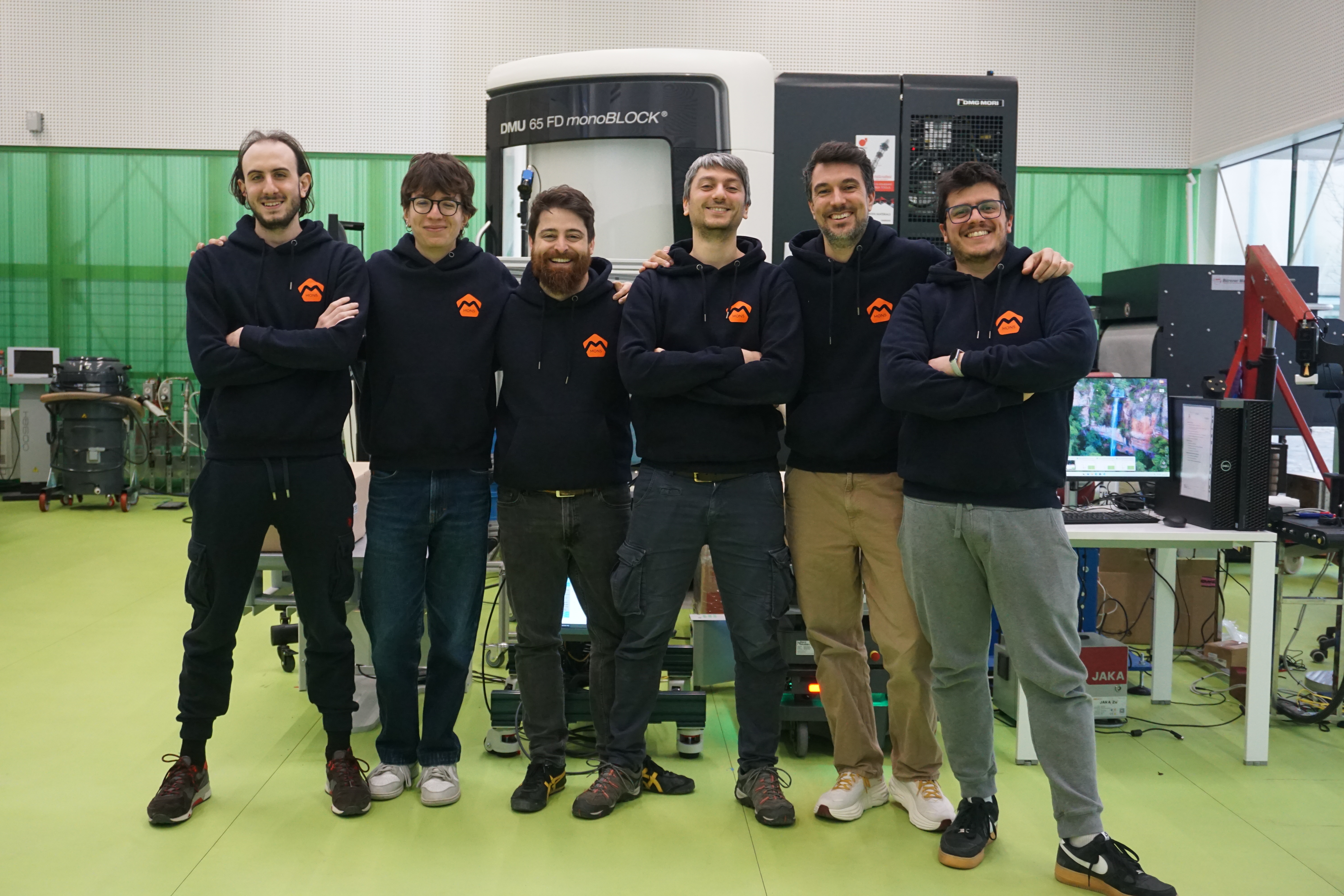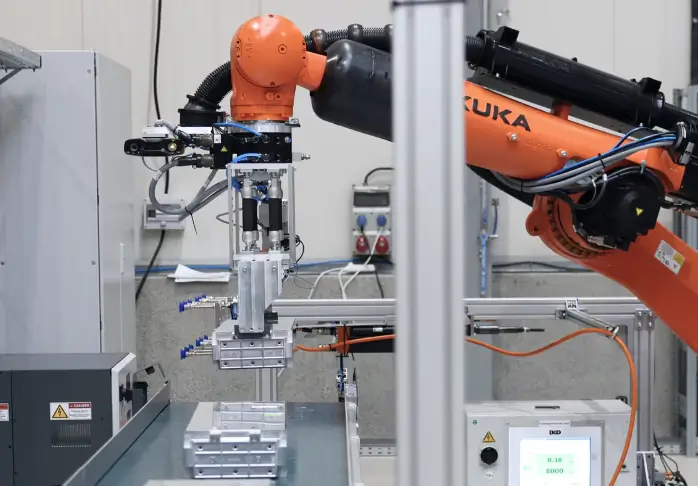
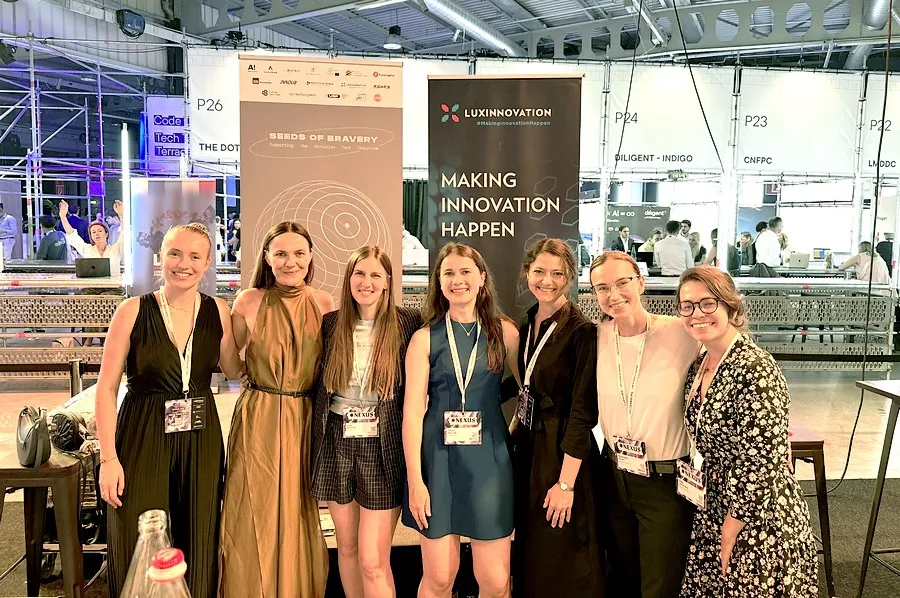
Closing the gender gap in innovation
Seeds of Bravery promotes inclusive innovation by connecting and funding women-led start-ups across Europe, paving the way for a more equitable tech future.
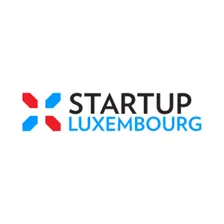 Startup Luxembourg
Startup Luxembourg
 Funded by the European Union, the Seeds of Bravery programme links Ukrainian deep tech start-ups with European innovation ecosystems. One of its key dimensions focuses on supporting women in technology and innovation. By integrating gender inclusion into its very design, the initiative aims to increase the proportion of female founders and senior executives in start-ups, ensuring that women’s talent is both recognised and nurtured.
Funded by the European Union, the Seeds of Bravery programme links Ukrainian deep tech start-ups with European innovation ecosystems. One of its key dimensions focuses on supporting women in technology and innovation. By integrating gender inclusion into its very design, the initiative aims to increase the proportion of female founders and senior executives in start-ups, ensuring that women’s talent is both recognised and nurtured.
“We are playing an active role in this area as the leader of the Pan-European Integration Working Group,” explains Inna Perepelytsya, Senior Advisor – Startup Relations at Luxinnovation, who oversees the Seeds of Bravery programme within the agency. “Over the past two years, we have facilitated high-value interactions between women-led start-ups, investors and ecosystem stakeholders.”
A workshop on the European women’s innovation ecosystem held in spring 2025, for instance, brought together more than 30 female ecosystem founders and builders from Ukraine and the EU. It provided access to support programmes, funding opportunities and a platform for sharing experiences.
Luxinnovation’s cross-border networks, along with Luxembourg’s strong reputation for gender inclusion, have also helped to raise the visibility and access of Ukrainian women founders by building meaningful partnerships at EU level, including with Women TechEU, a European project supporting women leaders of deep tech start-ups.
.webp) Angelica Marsico (EIT Manufacturing)Persistent obstacles
Angelica Marsico (EIT Manufacturing)Persistent obstacles
Despite legal frameworks guaranteeing equal treatment, women continue to face structural and cultural barriers in accessing venture capital and bank financing.
“The challenge lies not only in access to finance but also in perceptions of women’s roles in technology,” says Daria Yaniieva, Investment Director at Sigma Software Labs, a venture capital fund specialising in IT start-ups. “The main issue is not a lack of talent or ambition, but access itself. Worldwide, women still receive far less venture capital funding because they remain underrepresented in investor networks and decision-making spaces.”
Angelica Marsico, Communication Officer – Strategic Projects at EIT Manufacturing, one of the nine Knowledge and Innovation Communities (KICs) supported by the European Institute of Innovation and Technology (EIT), shares this view. “Women are often assessed in terms of risk rather than potential, and they operate in systems that underestimate their abilities.” In her opinion, meaningful change will come from a systemic approach, involving investment in education, visibility and networks that enable women to move from participation to influence.
“True success will be achieved when the skills and potential of all team members are recognised fairly.” She is in no doubt that women in leadership roles are essential: “They bring diverse perspectives, foster stronger collaboration between team members and management and contribute valuable expertise in business operations, financial management and people leadership.”
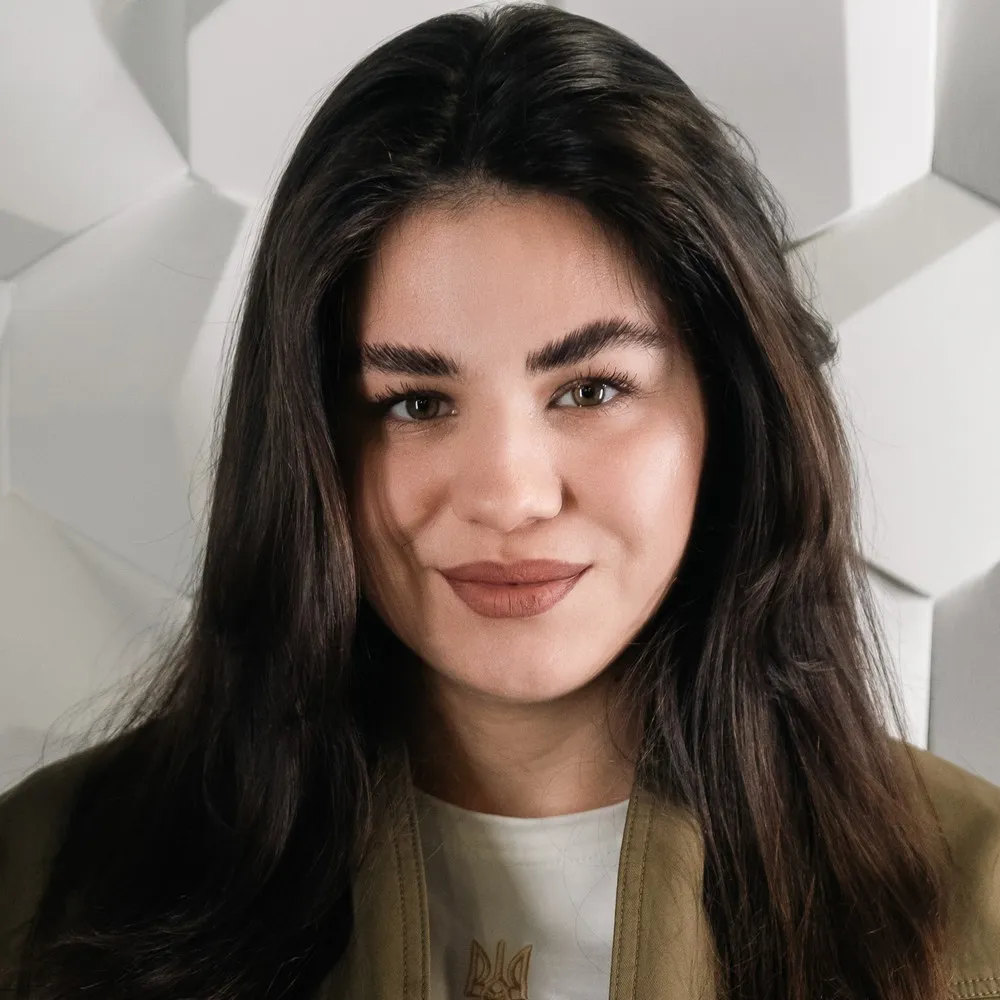 Daria Yaniieva (Sigma Software Labs)Feminine strenghts
Daria Yaniieva (Sigma Software Labs)Feminine strenghts
There is no shortage of success stories, and Daria Yaniieva is keen to highlight a few: Anastasiia Smyk, co-founder of Input Soft (a platform helping airports to operate more efficiently), and Margaryta Sivakova, co-founder of Legal Nodes (which has simplified complex legal processes into a digital system accessible to start-ups). Both featured in Forbes Europe 30 Under 30 (Technology).
Veronica Korzh, CEO of GeekPay and partner at SID Venture Partners, is driving the evolution of fintech while mentoring young founders through the Star for Life Ukraine foundation. Meanwhile, Antonina Yermeichuk from Deus Robotics (automated warehouse management solutions) has helped her company forge partnerships with major players such as Nova Post in Ukraine and DPD UK.
“Even in traditionally male-dominated sectors such as defence technology, women are setting new standards,” says Mrs Yaniieva. The Defence Builder accelerator, co-created by Sigma Software Labs with the Kyiv School of Economics and Buntar Aerospace, is now led by a woman, Line Rindvig. “Her leadership reminds us that it is expertise and vision, not gender, that defines who shapes the future of technology.”
As part of the Seeds of Bravery programme, initiatives supporting women form part of a broader strategy, including mapping over 130 organisations that assist women innovators across Europe, facilitating targeted networking through curated presentations and promoting success stories.
“The results speak for themselves,” notes Mathilde Hampert, Market Intelligence Analyst at Luxinnovation. “We have initiated numerous follow-up meetings with investors, secured invitations to soft-landing and acceleration programmes, and are seeing a growing proportion of women-led companies in the Seeds of Bravery portfolio."
Harnessing women's potential
On the ground, this programme represents far more than just a financing tool. “It stands for inclusion, validation and a bridge to global opportunities,” says Daria Yaniieva (Sigma Software Labs), who emphasises the tangible and lasting impact such initiatives can create. “Seeds of Bravery not only helps women gain access to finance but also integrates them into European innovation networks, which is crucial for expanding across borders.”
For her part, Angelica Marsico (EIT Manufacturing) welcomes the way such programmes create safe spaces for women to grow and realise their potential. “They foster collaboration, innovation and empowerment, allowing women to feel supported, encouraged and free to thrive in an environment that truly promotes growth. Participating in initiatives like this reinforces my belief that supporting women at every stage of their career journey is vital for building stronger, more inclusive and forward-looking communities."


